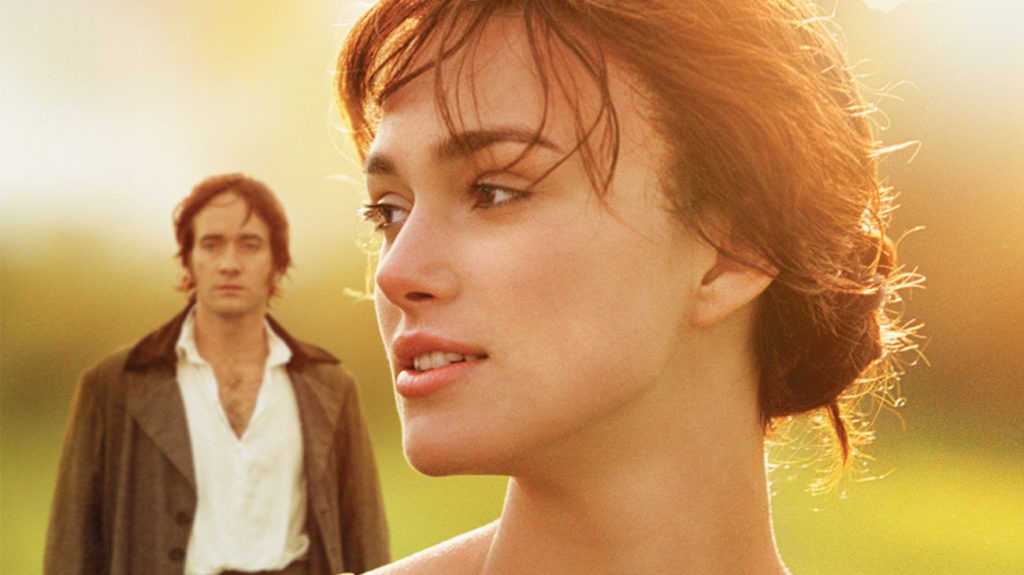
Watching old favorites is a widespread tradition to anyone who likes movies, traditions, or is just bored on a day off. One movie that I’ve found to be a lighthearted and fun re-watch is Pride and Prejudice. Personally, I like the 2005 Jon Wright movie but the story itself transcends any variation it is told in; core themes of independence and strength keep it from feeling outdated. It’s timeless and relatable in its authenticity. The main character, Elizabeth, played by ethereal goddess Keira Knightley, goes on quite the journey battling societal expectations in order to have a claim on her own life. Many people are familiar with the story of Pride and Prejudice so I won’t recap the whole thing. Rather, I wanted to take a closer look at Elizabeth and her role as the primary character. How does she make for a compelling, feminist protagonist in the regency era setting? A setting that does not cater towards women being compelling, feminists, or protagonists. The fact that it doesn’t cater to women in general is what makes Elizabeth Bennet so extraordinary.
The opening scene of the movie, with the glow of the sun shining over the trees of the Bennet estate, gives a feeling of warmth and comfort to the viewer, followed by a drawn out sequence of the lands around the small house. There’s mud on the ground and farm animals walking freely, showing the lack of lavishness that the Bennets live in. We then see Elizabeth reading, à la Belle from Beauty and the Beast, while cheerfully walking through the grounds to her home. Elizabeth is shown to be happy with her humble upbringing. She seeks out information and experience and is happy to learn about others, wanting to have a good grasp on her surroundings. This helps her develop her street smarts, something that comes in handy when she faces misguided marriage proposals and her family’s expectations to attract a rich husband. While Elizabeth shows that it’s possible to stand up for yourself, her mother personifies the suffocating limits that women were forced into during this era. Elizabeth mostly takes it all in stride, never seeming to have an issue with getting married, but simply wanting to marry someone she could stand to be around. She jokingly laments that she’ll end up an old maid because she can’t stand the majority of the men that she comes across, and is later surprised by the depth of character that she eventually finds in Mr. Darcy, which propels her to finally accept his proposal. Women being neglected a choice in their own lives and futures is unfortunately a tale as old as time. Despite this, Elizabeth shows how it’s possible to go against the restraints of gender and social class by not being afraid to speak her mind and stand her ground when it’s important.
